- Testing services
-
Battery product testing and certification
-
Elevator
-
Financial security
-
Gas products
-
Building products
-
Environmental testing
-
medical instruments
-
Toy product
-
Fire-resistant materials
-
Vehicle electronics
-
Personal protection
-
Machinery Products
-
Switch socket
-
Wireless products
-
Household appliances
-
Railway products
-
Information technology
-
Lighting device
Contact Us
Global Technical Service Co. Ltd
Contact: manager Chen
Tel:0769-8805 6552
Fax:0769-8805 6550
Phone:13360489203
QQ:417901602
QQ:417901602
E-mail:info@globalgd.com / global_amy@126.COM
Address: Guancheng District, Dongguan City Wan Tai Road No. 5 XM Building, Room 507
Global Technical Service Co. Ltd
OFFICE Room 2103,21/F Ho King Commercial Centre, No. 2-16 Fa Yuen Street, Mong kok, Kowloon,HK
Global Technical Service Co. Ltd
OFFICE Room 2103,21/F Ho King Commercial Centre, No. 2-16 Fa Yuen Street, Mong kok, Kowloon,HK
Tel: 00852-30697929
FAX:00852-6991 7688
CE authentication project

Low Voltage Electrical Directiv
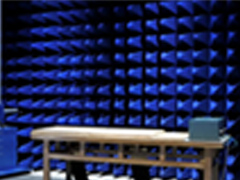
Electromagnetic Compatibility D
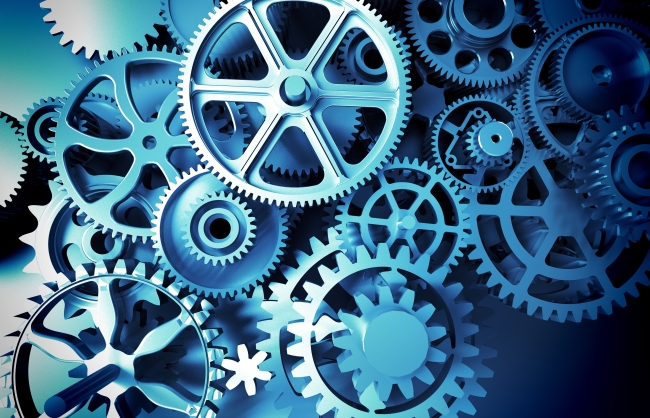
Machine Instruction (MD)

Personal Protection Directive (
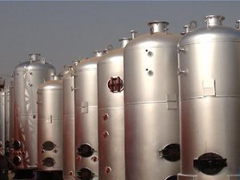
Boiler instruction
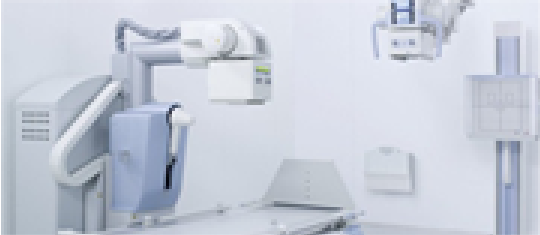
Medical Device (MDD)
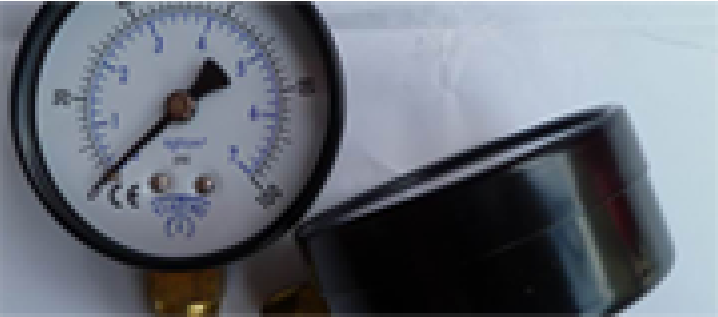
Pressure Equipment Directive (P
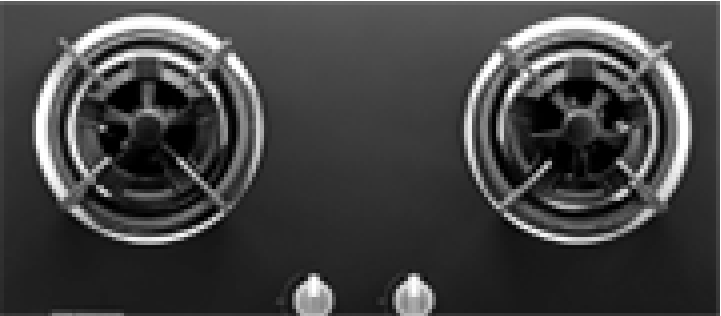
Gas appliance instructions

Building Instruction (CPD)
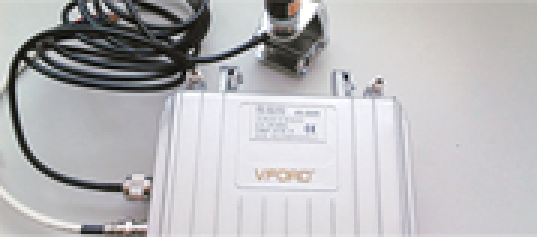
Wireless Command (R & TTE)

Toy instruction (EN71)
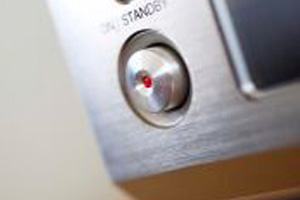
ERP Directive - Eco Design Requ
ERP Directive - Eco Design Requirements for Energy Consumption Products
1. EuP instruction overview
On July 6, 2005, the European Parliament and the Council adopted the Framework Directive 2005/32 / EC (hereinafter referred to as the EuP Directive) on the development of ecodesign requirements for energy-consuming products. As part of the integrated product strategy framework, the EuP directive takes into account the energy consumption and the environmental impact of the product throughout its life cycle, sets forth the minimum energy efficiency standard framework policy for energy-consuming products, and improves the performance of products through enhanced eco-design , Improve energy efficiency, minimize the negative impact on the environment. Directive provides that EU member states should be completed by August 11, 2007 in line with the requirements of this directive domestic legislation and administrative requirements.
EuP directive covers a wide range of products. According to the provisions of the EU EuP Directive, in principle, all energy-consuming products that are put on the market, products that generate, convert and measure these energy sources (excluding transportation means), as well as for energy-consuming products and are put on the market Parts sold directly to end users as separate components. Energy products consumed include electricity, solid fuels, liquid fuels and gaseous fuels.
Following the effective date of the directive, the European Commission has introduced guidelines for the implementation of environmental design for heating and hot water equipment, electric motor systems, lighting for homes and services, household appliances, office equipment for homes and services, ventilation and air conditioning equipment, etc. .
The directive was created to create a complete regulatory framework that serves as the basis for a product's environmental design and hopes that the directive will achieve the following four main goals:
Ensure that EuP is free to circulate within the EU;
Enhance the overall environmental performance of these products to protect the environment;
Contribute to a steady supply of energy and enhance the competitiveness of EU economies;
Protect the interests of industry and consumers.
2. EuP Directive compliance assessment
Before the products are put into use and marketable, the manufacturer or manufacturer's authorized agent shall ensure that the product has been evaluated in accordance with the EuP Directive Annex IV Internal Design Control and Annex V Compliance Assessment Management System, Energy-saving products in the market or before use, affixed CE mark.
The manufacturer or his / her EC authorized representative shall issue a Declaration of Conformity in accordance with Annex VI of the Directive. Documents relating to conformity assessment and declaration shall be retained for 10 years after manufacture of the last product of the energy-consuming product is completed and shall be available for inspection within 10 days of receiving the request of the Member State.
If the manufacturer of an energy-consuming product is not located in the EU and has no authorized representative in the EU, its importer is responsible for ensuring that the relevant product is assessed for conformity and the relevant evaluation and declaration documents are maintained.
3. Implementation of EuP directives
EuP directives are not directives that are specific to the product requirements, but merely a framework directive. The EU will follow the relevant provisions of this directive to develop further directives on product requirements, called "implementing measures."
The EuP Directive provides guidelines for subsequent implementation of the measures. First of all, the choice of energy-saving products to choose a large sales trade, a significant environmental impact on some aspects, without excessive cost to the case, can significantly improve the environmental impact of EuP, and should consider the EU Environmental priority. For the content of the measure, the whole life cycle of the product should be considered, the performance of the product can not be significantly affected, the health and safety can not be adversely affected, and the consumer should not have a significant negative impact, in particular, the consumer can not be consumed Sourcing capacity and product life cycle costs have a significant negative impact. Take into account that there should be no clear negative impact on manufacturers' competitiveness, including their competitiveness outside the EU.
Article 15 of the EuP Directive sets out the principles to be followed in considering energy-consuming products for implementation of the measures:
In the EU market has a certain sales and trade scale (more than 200,000 sets each year);
The product has a significant impact on the environment (eg the four major environmental impacts: climate change, diversification of natural and biological species, environmental health and quality of life, natural resources and waste) as referred to in the EU Ⅵ Environmental Plan;
There is potential for greater environmental impact without the need to add excessive costs.
In addition, consider the EU's environmental priorities (such as greenhouse gas emissions).
Article 21 of the EuP Directive specifies that existing Directives 92/42 / EEC, 96/57 / EC and 2000/55 / EC, respectively, as domestic hot water boilers, by revising the Directives on several energy-consuming products involving minimum energy requirements, Household refrigerators and fluorescent ballasts on the implementation of energy efficiency measures. In the meantime, the above directives as implementing measures will be implemented in accordance with the decision-making mechanism framework stipulated in Paragraph (2) of Article 19 of the EuP Directive at a future revision or retirement.
Council Directive 92/42 / EEC, Energy Efficiency Requirements for New Water Heaters Using Liquid or Gas Fuels
European Parliament and Council Directive 2000/55 / EC on energy efficiency requirements for fluorescent lamp ballasts
European Parliament and Council directive 96/57 / EC, energy efficiency requirements for domestic refrigerators, freezers and combination boxes
4. EuP directive penalties
EuP directive related penalties are:
Manufacturers of energy-consuming products or their EU-authorized agents bear the responsibility for conforming the products to the requirements of this AD, as required by the member states; if non-conforming conditions persist, the member states will request the withdrawal of the product from the market ;
In making the above prohibitions or restrictions, the relevant authorities of the member states shall notify the relevant parties, including the executive committee and other member states, of the relevant parties except the public announcement and explain the reasons as well as the reasons for the decision One party, informing about the legal aid channels and deadlines that can be sought;
Upon receipt of the relevant notice, the Executive Committee shall immediately consult the relevant parties and solicit the technical advice of an independent external expert. If the Board considers that there is no reasonable basis for the decision of the member states, it shall inform the member states immediately and make a public announcement through the EU communique;
If the coordination criteria for implementing measures on which the decisions of member States are based are flawed, the relevant Committee shall immediately be consulted in accordance with the provisions of Article 10 of the Directive, declaring the standards to be maintained, limited or withdrawn. When necessary, the Board may authorize the European Standards Institute to amend the relevant harmonized standards.
